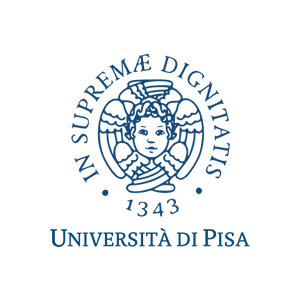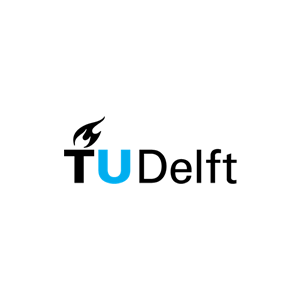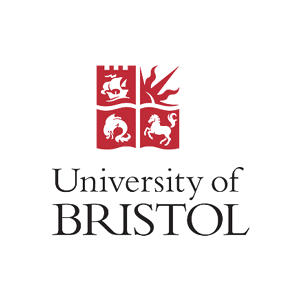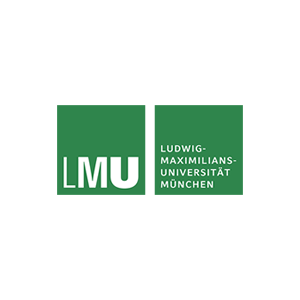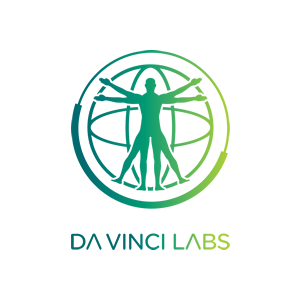EMERGE brings together a unique blend of expertise on philosophy of mind, ethics, and neuroscience (Ludwig Maximilian University of Munich, Germany); neural nonlinear dynamical systems, lifelong learning, distributed, and edge-AI (University of Pisa, Italy); nonlinear dynamical systems and control, computational neuroscience, soft and collaborative robotics (Delft University of Technology, Netherlands); collective awareness and intelligence, swarm robotics and minimal collectives (University of Bristol, United Kingdom); as well as innovation, exploitation, and communication of AI and robotics research (Da Vinci Labs, France).
University of Pisa
University of Pisa is one of the most renowned educational institutions in Italy, with twenty departments and high level research centers in agriculture, physics, computer science, engineering, medicine and veterinary medicine. Famous alumni of the university include Galileo Galilei, the founder of modern science, the Nobel prize winners Enrico Fermi and Carlo Rubbia, and holders of the Fields Medal for Mathematics, Enrico Bombieri and Alessio Figalli.
UNIPI brings to EMERGE a track record on adaptive non-linear dynamical systems, leveraging the deep reservoir computing framework originally introduced in literature by members of the team, who also chair a related IEEE task force (IEEE TFRC). UNIPI members also pioneered continual and lifelong learning, chairing the main international association on the topic (ContinualAI) and being principal developers and maintainer of the Avalanche library for lifelong learning. UNIPI will bring its technical expertise and computing infrastructure for AI, including HPC-AI servers (2 DGX01, several A100, V100 GPU servers) and systems for embedded and distributed learning through the Pervasive AI laboratory.
TU Delft
Delft University of Technology in the Netherlands (TU Delft) is a modern university with a rich tradition. Its eight faculties and over 30 English-language Master programmes are at the forefront of technological development, contributing to scientific advancement in the interests of society. Ranked among the top universities of technology in Europe TU Delft’s excellent research and education standards are backed by outstanding facilities, research institutes and research schools.
TU Delft’s Robotics Institute, which unites all the university's research in robotics, bringing together more than 150 scientific staff from six of the university’s faculties. The aim is to get robots and humans to work together effectively in unstructured environments and real-world settings. The 'hard' robotics disciplines (mechatronics, embedded systems, control, and AI) and the 'soft' ones (human-machine interaction, user interaction, architecture, ethics, and design) are represented. TUD is a recognized expert in nonlinear dynamics and its use in generating and understanding physical motor intelligence and controlling mechanical systems. TUD members have pioneered the development of the nonlinear dynamic framework for providing motor intelligence to continuum soft robots and the extension of the nonlinear modal theory to robotic systems. TUD also brings its expertise in human-robot interaction and grasping and manipulation.
University of Bristol
The University of Bristol is internationally renowned due to its outstanding teaching and research, its superb facilities and highly talented students and staff. We are dedicated to academic achievement at the highest levels across a broad range of disciplines, supporting both individual scholarship and interdisciplinary research.
The Bristol Robotics Laboratory, a collaboration between the University of Bristol and the University of the West of England, is the largest academic centre for multi-disciplinary robotics research in the UK. The Swarm Robotics group led by Hauert works on making swarms for people, and across scales, from nanorobots for cancer treatment, to larger robots for environmental monitoring, or logistics. Their new industrial swarm testbed for intralogistics, in collaboration with industry, includes a digital twin, physical testbed, and 5G connectivity.
Ludwig Maximilian University of Munich
Ludwig Maximilian University of Munich is one of the most renowned universities in Europe. Almost 50,000 students, 14 percent of them from abroad, currently take advantage of the broad range of subjects with 150 offerings from the humanities and cultural studies to law, economics and social sciences, medicine and the natural sciences.
LMU brings its interdisciplinary expertise on concepts and measures of awareness, spanning from neuroscience, psychology, philosophy and artificial neural networks. The Cognition, Values, Behaviour group (CVBE) is affiliated to the philosophy faculty, ranked amongst the best in Europe, and especially strong in connecting philosophy with mind and computer sciences, both through its Center for Mathematical Philosophy (MCMP) and CVBE. The Center brings its expertise in running large scale on-line experiments to test people’s evaluative or moral attitudes toward AI, meeting ethical and open-science standards.
Da Vinci Labs
Da Vinci Labs is a research and incubation structure inspired by Leonardo da Vinci. Its interdisciplinary and humanistic approach aims to respond in a competitive way to the ecological challenges of tomorrow, and to bring out the future champions of deeptech, in particular in the field of quantum technologies, artificial intelligence and synthetic biology. To do this, Da Vinci Labs participates in European collaborative research projects and builds a technological infrastructure in Touraine which will be made available to researchers and entrepreneurs ready to tackle our major societal challenges.
DVL is a SME with expertise in science communication and dissemination, innovation management. Their team contains experienced innovation champions and researchers. The combination of these skills enables them to tailor the communication strategy to meet the requirements of various stakeholders in the project. Additionally, their skill set will also be invaluable for constructing an effective exploitation strategy, based on market insights and facilitating networking and ideas exchange between the consortium and external stakeholders.

